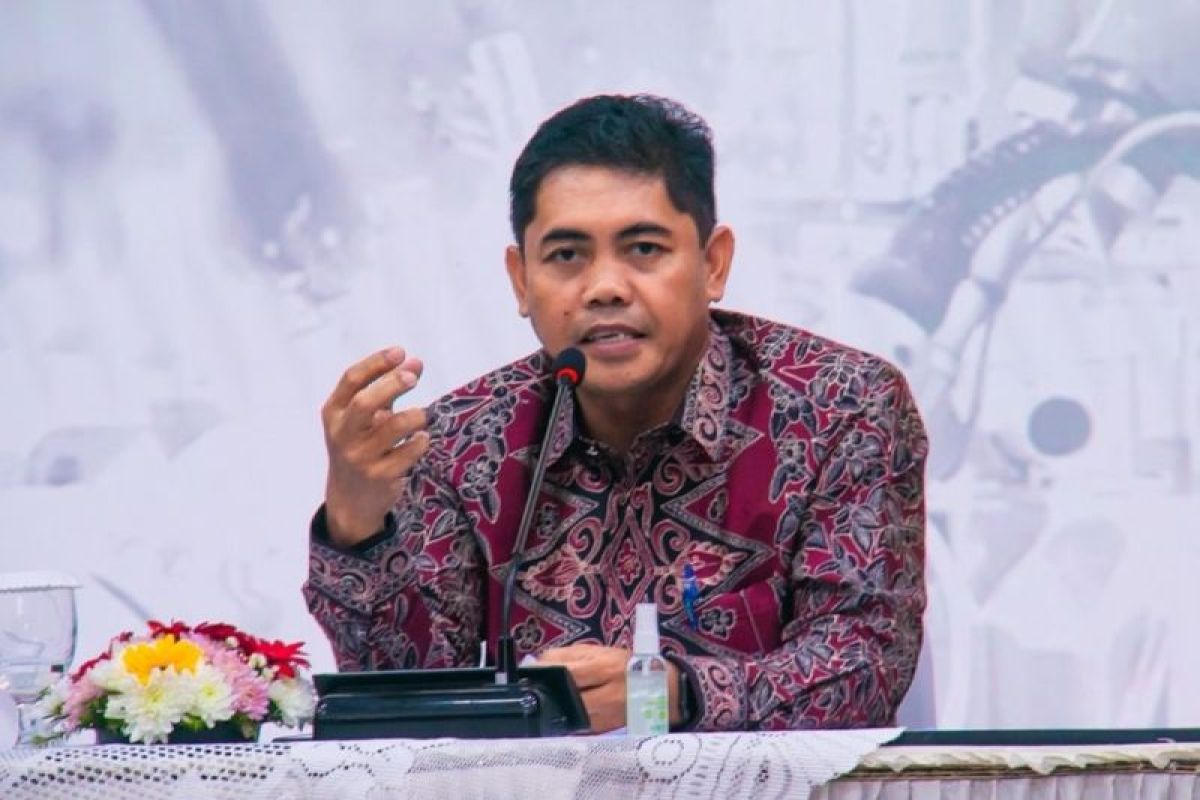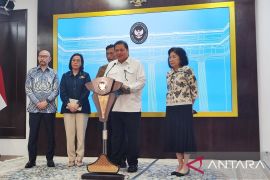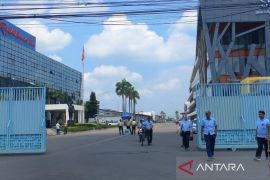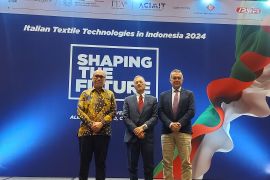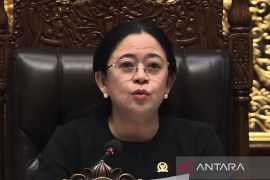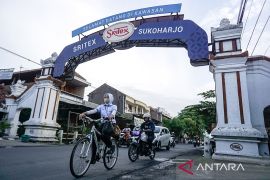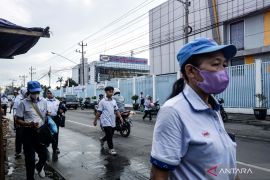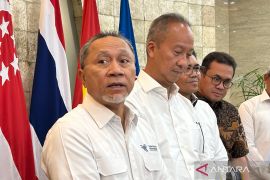Based on the Circular Letter of the Minister of Industry Number 2 of 2023, the ministry underlines the importance of controlling dangerous gas emissions.
"Companies in this sector are required to install Continuous Emission Monitoring Systems (CEMS) to monitor their exhaust emissions," the ministry's Director General of Resilience, Regional, and International Industrial Access (KPAII), Eko S. A. Cahyanto, conveyed in a statement on Wednesday.
Cahyanto said his side also played an active role by undertaking visits to PT Indo Bharat Rayon and PT South Pacific Viscose that already used CEMS and pollution control equipment, such as an Electrostatic Precipitator (ESP), in their plants.
"The results of field inspections show that the two companies have succeeded in meeting environmental quality standards by the results of emission tests using the Adaptive Monitoring System (AiMS) installed at PT Indo Bharat Rayon," he remarked.
Related news: Cement industry not a source of Jakarta's air pollution: Ministry
As a follow-up step, the ministry has also drafted a Minister of Industry Regulation on Green Industry Standards for the rayon industry.
This draft regulation will apply to all rayon industries in Indonesia to ensure that these industries comply with applicable environmental standards, he remarked.
Cahyanto said this step is expected to reduce the negative impact of the rayon industry on the environment as well as to support nature conservation efforts.
He remarked that controlling exhaust gas emissions in the viscose rayon industry is one of the government's proactive steps in preserving the environment.
The ministry also ensures to always monitor these industries to comply with applicable regulations as an effort to maintain a good business climate and increase the competitiveness of the manufacturing sector in Indonesia, he affirmed.
Related news: Jakarta's seven-pronged approach to controlling air quality
Translator: Ade Irma J, Resinta S
Editor: Yuni Arisandy Sinaga
Copyright © ANTARA 2023
